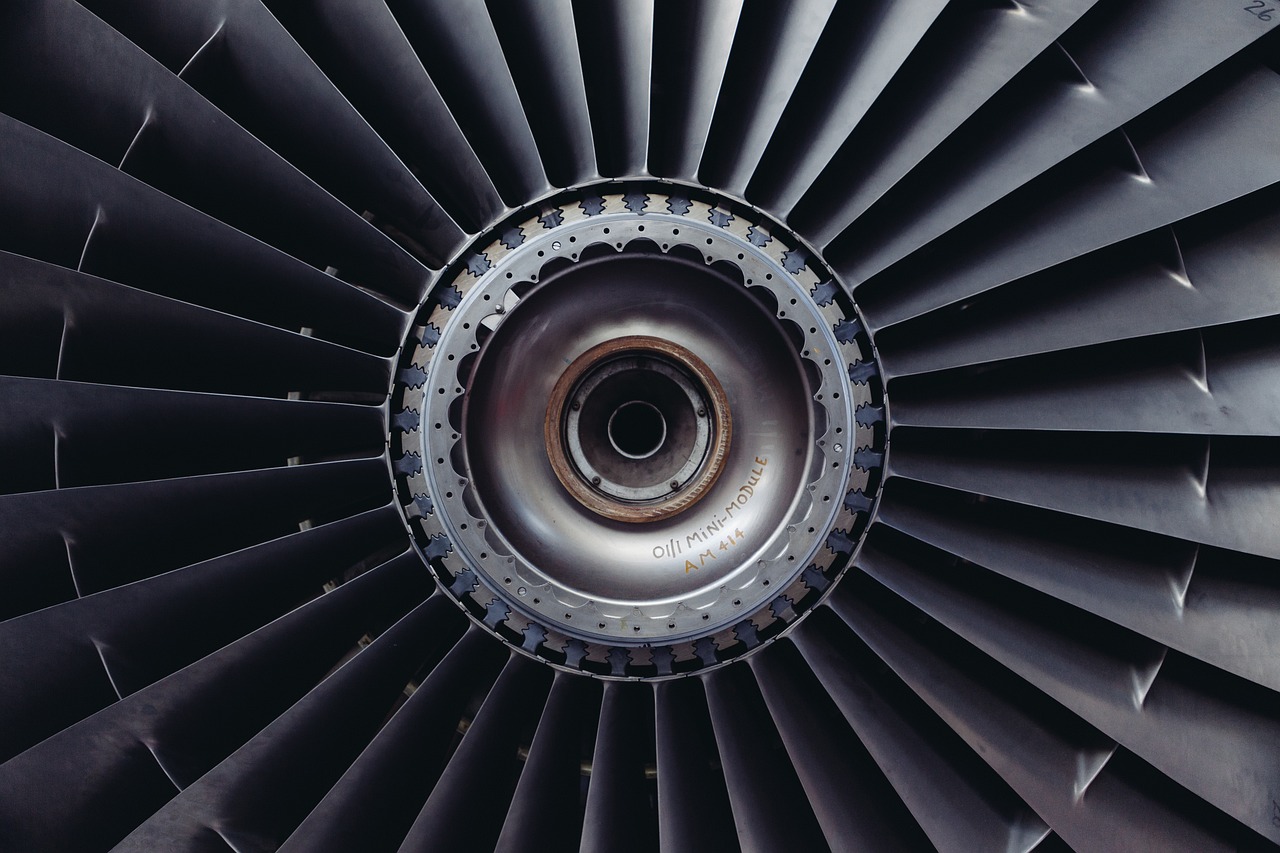
While Warren Buffett has been selling down his position in stocks like Apple (AAPL) and Bank of America (BAC), the latest regulatory filing showed that he added a position in excess of 1 million shares in Heico (HEI).
Heico is a company I told you about last November. It's a technology-driven aerospace, industrial, defense and electronics company. According to its website, its products are found on large commercial aircraft, regional, business and military aircraft, as well as on a large variety of industrial turbines, targeting systems, missiles and electro-optical devices.
The aircraft industry today is in an interesting spot. Faced with ongoing, lengthy delays on new jet deliveries, long waits at repair shops, and rising maintenance costs, airlines are increasingly turning to another option: generic replacement parts for their aircraft.
The Aircraft Parts Market
The Federal Aviation Administration (FAA) has a process that dates back to the 1950s for third parties to apply to design and produce replacement aircraft parts. To get Parts Manufacturer Approval (PMA), the components have to be identical to the originals in form, fit and function.
But not in price.
Generic aircraft replacement parts were often sold at a discount of about 30% to the brand-name parts. But that has been climbing like a jet taking off, as original parts manufacturers take advantage of the current mismatch in supply and demand to push their prices skyward.
That’s why maintenance costs at Southwest Airlines (LUV) jumped 29% in the second quarter from the period a year ago, and American Airlines Group (AAL) reported an 18% rise in repair-related costs. United Airlines Holdings (UAL) noted an only 4.4% increase in maintenance expenses in the second quarter — but that was on top of the more than 30% leap in the same period last year.
Not surprisingly, the market for generic commercial aircraft parts is forecast to grow to about $14 billion in 2030, up from $10.7 billion in 2022. And this may be too conservative of an estimate.
For engines in particular, PMA providers are becoming increasingly important. Production constraints are forcing the manufacturers to prioritize newer engine models and wait times for older components are stretching to nearly a year.
All of this is great news for Heico, which is the largest independent provider of off-brand aircraft components.
Heico’s Booming Parts Business
Founded in 1957, the company operates in two business segments: Flight Support Group (60% of revenues in 2023) and Electronic Technologies Group (40% of revenues).
Heico offered almost 20,000 individual components to customers with a PMA stamp, as of the end of fiscal year 2023. That number has grown, thanks to acquisitions, the biggest of which was last year’s $2 billion purchase of replacement jet parts manufacturer Wencor Group.
New entrants into the sector are limited by both the regulatory hurdle, and the difficulty and cost of reverse engineering aerospace components. However, Heico enjoys a long track record of successful PMA approvals and safe deployment of its parts.
Note that this is the juiciest market segment in aerospace, with a fraction of the research and development costs faced by the original equipment manufacturers (OEMs).
CEO Eric Mendelson said in December that the company will enjoy a record year in terms of PMA generation and the number of parts that it comes out with. The company plans to expand its offerings - adding around 500 new, highly engineered parts to its PMA portfolio each year going forward.
Buy HEI Stock
Tufan Erginbilgic, CEO of the UK engine maker Rolls-Royce Holdings PLC (RYCEY), recently warned that the industry’s supply-chain woes could last at least another 18 months, calling it the “worst possible” environment. That tells me it will stretch longer than 18 months, which is good for Heico.
As is the company's acquisition of Wencor, which has expanded its capabilities for its aerospace customers. This will allow Heico to grow its market share. It should also grow Heico’s operating margins. Wencor’s margins were about 130 basis points higher than the company’s organic businesses in the fourth quarter of the 2023 fiscal year.
Heico has increased operating income at a 21% compound annual growth rate since 1990 - that’s how long current management has been involved. That’s indicative that it is well-run. Sales increased at a 15% CAGR since 1990, as well. No wonder Buffett was attracted to it.
Looking ahead, the company will likely grow significantly faster than the overall commercial aftermarket due to even more acquisitions. Morningstar forecasts a 7.1% organic compound annual growth rate over the next five years in the company’s commercial aftermarket business, reflecting the post-pandemic rebound, as well as acquisitions. It sees this business achieving 12.5% compound growth through 2028.
I believe PMAs will be long-term winners in a post-COVID world where airlines are facing higher maintenance costs and parts shortages. Keep in mind that without spare parts for key components like engines, aircraft can’t fly. And, if aircraft can’t fly, airlines will have to reduce capacity, which could result in both job losses and higher costs for the flying public.
That’s a scenario everyone wants to avoid, and it's what makes HEI stock a buy. As does its track record - since 1990, an investment in Heico stock produced a compounded annual growth rate of approximately 22% for its shareholders.
The company has Class A shares with only one-tenth the voting rights of its regular common shares under the listing HEI.A. The company uses these shares to pay for some acquisitions and in some of its compensation plans. I think investors should go with the regular voting shares - HEI - in their portfolios.
When I first recommended the stock, it was trading at $162. It is up 57% since then, and closed Thursday's session at $256. HEI remains a buy below $266.







